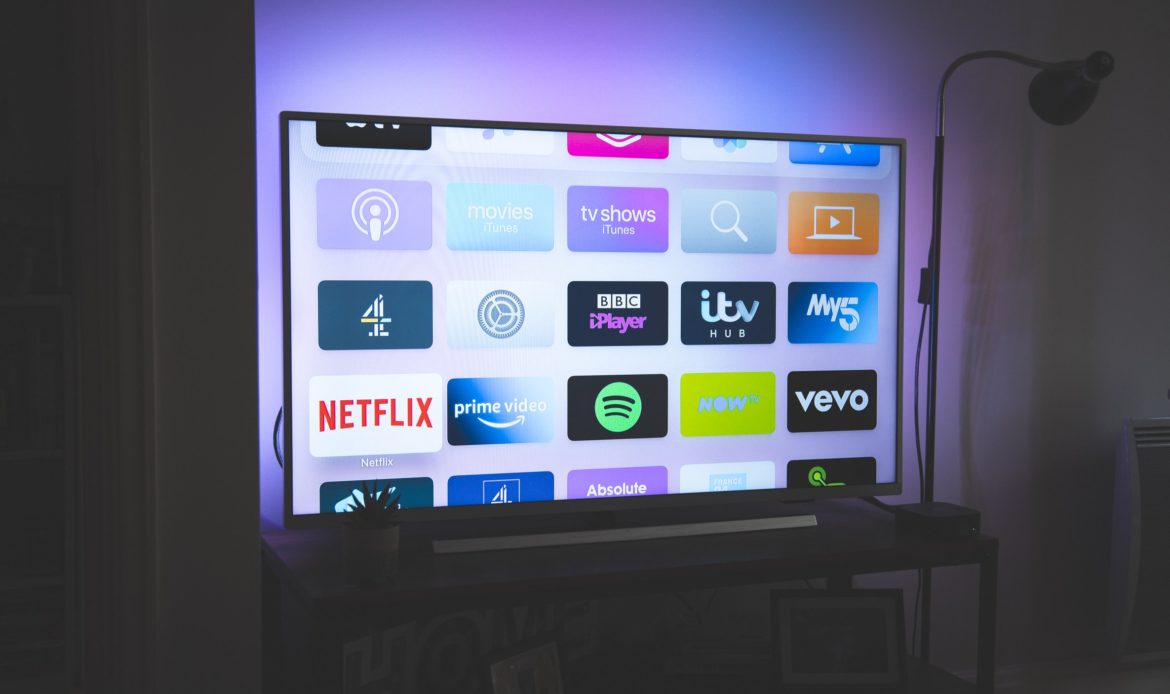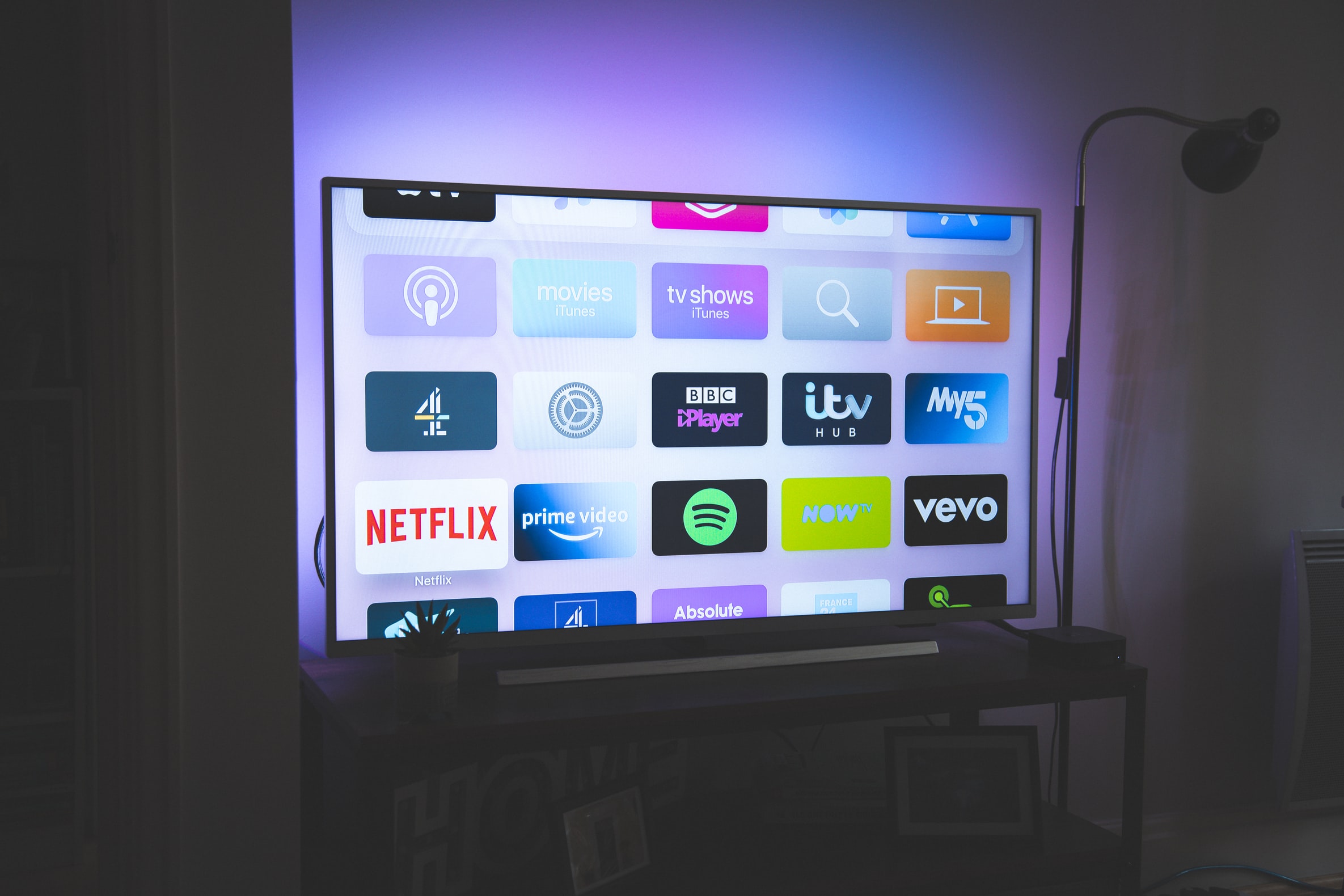Once the Lesser Art: The Revolution of Television

It seems strange to refer to the world of regularly scheduled programming, of commercial breaks and channel surfing, as a thing of the past. But that is precisely what it has become.
The culture of television has undergone a drastic transformation in a relatively short period of time, with the surge of lockdowns having offered a unique opportunity for streaming services such as Netflix to become irreplaceable sources of household entertainment. Interest now wanes at the prospect of twenty-episode seasons, and shows that go on for months at a time. The structure has evolved: longer runtimes, fewer episodes, more momentum. The release of a new show—especially a well-promoted one—and the promise of a satisfying binge-watch is closer to a full scale event than the leisurely activity it once was.
The emergence of Disney Plus, though the service in my opinion runs less smoothly than platforms like Netflix or Amazon Prime, is an apt example of how much television has changed. Disney shows were a comfort for children to come home to in the early-mid 200s, a quick respite from homework, or a reward once the work was done. That association has all but disappeared. By acquiring the most successful movie franchises of our generation— namely Marvel and Star Wars— Disney Plus has offered fan-favourite stories the chance to delve more deeply into their lore and explore characters that were once brushed aside, forgotten in the grandeur of the big screen.
Projects like The Mandalorian and WandaVision were met with an explosive fan response, and served as stepping stones for the launching of an interconnected television universe within their respective franchises. By following unexpected secondary characters, and using an in-between-movie structure, these shows have established a new medium of storytelling and have proven that television can wield the same cinematic power as Hollywood. Fans of Star Wars and Marvel have a lot to look forward to in 2022, with the third season of The Mandalorian, the long-awaited Obi-Wan Kenobi mini-series, and more obscure titles like Moon Knight coming to the streaming service.
However, it is not only franchises that are flourishing in this new medium. The streaming structure also liberates more complex projects from the need to be compressed into a two-hour movie or extended into a twenty-hour season. Amazon Prime, for instance, offered Neil Gaiman and the late Terry Pratchett’s unique, apocalyptic comedy Good Omens to be adapted into a six-episode season, after failing as a movie script in the early 2000s. Short seasons have become the ideal format for the exploration of peculiar characters and compelling mythos. Gaiman fans can also look forward to the upcoming Sandman adaptation, which has already been filmed and is set for a 2022 release by Netflix. After years of failed movie pitches, The Sandman—a staple of the comic book industry with all the makings of an Odyssean epic—will finally get its live-action retelling.
In hindsight, Gaiman’s decision to wait was a wise one. Some stories are too intricate and so beloved that the movie screen would only stifle them. The fantasy genre specifically has thrived under the freedoms afforded by television. After the success of Game of Thrones, fantasy shows have gained an unprecedented level of attention, renewing the media’s interest in all things magic and enchantment. With a string of acclaimed adaptations like The Witcher, Locke and Key, and The Umbrella Academy, Netflix has garnered a reputation for taking on stories with rich mythologies and making them accessible to a wider viewership.
The increased interest in television is not limited to viewers. Actors and actresses who once would have considered it a step down in their careers have been swayed by the revolution of the small screen. Names like Meryl Streep, Anthony Hopkins, and Julia Roberts have all starred in streaming projects in recent years. In an interview with The Hollywood Reporter, Sandra Bullock sang Netflix’s praises for keeping actors employed and “bringing people together” by translating foreign hits like Squid Game.
Once the lesser art, the small screen’s potential was shadowed by Hollywood’s glittering fame, but television has risen to meet the demands of the media that could not be achieved anywhere else. The excitement of a new season has cultivated its own sort of culture, and the demand for its kind of storytelling has drawn actors and directors down from Hollywood’s pedestal and onto a platform with more opportunities for both plot and character development.
The pursuit of storytelling may forever teeter between necessity and risk. In an age of technology and financial insecurity, students are often encouraged to walk the safer path. But if the changes in television are proof of anything, it is our insatiable hunger for stories, for distraction, and for escape. Stories remain one of the only constants in society, and so it is only natural that the way we choose to tell our stories will continue to evolve as we do.
